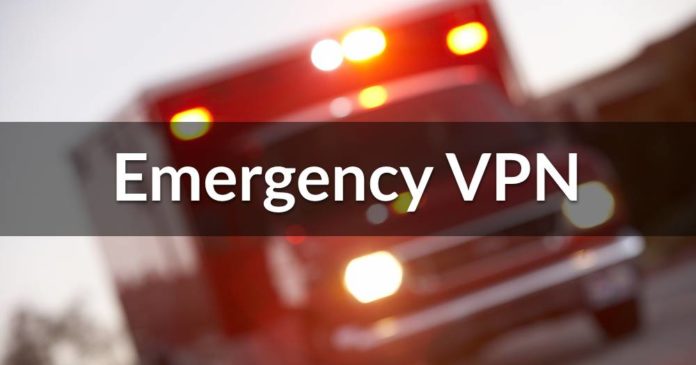
Say you’re a journalist or working for an NGO in a high-censorship country, how are you going to distinguish news from the “news,” the latter being information filtered by the government?
With all the major media outlets (TV/radio channels and print media) being directly or indirectly controlled by the government, you can connect to the Internet to find out what’s really going on. But here too you will not get the complete picture as governments may be requiring internet service providers (ISPs) to limit access to some websites, mainly those that spread the opposing view.
This, in case you wonder, is happening in some countries around the world, China being the most well-known example. But there are others as well.
And it’s not just media websites that are getting blocked, it’s also services like YouTube, Twitter, Facebook, and even Skype.
In a situation like this, you only get partial information and, in some instances, you don’t even know about some events taking place.
Online freedom in decline
Online freedom has been declining all across the globe. In countries such as Venezuela, Egypt, Iran, UAE, Saudi Arabia and China – it is getting increasingly difficult to know what’s going on. All television and print press is state-run and opposition news is taken down.
Heck, even democratic countries like Australia, USA, France, and others have passed controversial laws restricting internet freedom.
For instance, Australia passed a law compelling tech companies to hand over their clients’ encrypted communications to the authorities. In other words, it required messaging apps using end-to-end encryption to create “backdoors” that would make unauthorized access to private conversations possible.
A different thing was revealed by Edward Snowden’s leaks, suggesting that the NSA was spying on U.S. and citizens of other countries.
Finally, in its “Freedom on the Net” report, Freedom House slashed France’s global ranking due to “problematic policies adopted in the aftermath of the Charlie Hebdo terrorist attack, such as restrictions on content that could be seen as ‘apology for terrorism,’ prosecutions of users, and significantly increased surveillance.”
Citizens can use social media as an alternative news source, but even these channels are not safe from authorities.
So what can users do?
Get a VPN to stay anonymous online
A VPN (Virtual Private Network) routes Internet traffic through multiple secure servers, making it next to impossible for authorities to track individual users. During this process, the user gets a new, different IP address and also unlocks the entire Internet. This means that with a VPN, you can access all the media websites in the world, as well as other services that may be blocked in your country or the country you’re visiting.
For journalists and NGO staff who may need quick access to a VPN, some services like NordVPN, offer “Emergency VPN” for free. The company says this offering is available in “extreme cases of censorship or online privacy violations” and will likely check the claims.
So far in 2019, NordVPN received over 430 requests for Emergency VPN access, the majority of which came from Venezuela. Other requests came from Egypt, Iran, and some other countries.
Even if you don’t need emergency assistance, you should still get a VPN and NordVPN is one of the best choices around. It will not only help you hide your web whereabouts, but will also let you access services like Netflix and Hulu in foreign countries. Check it out.

